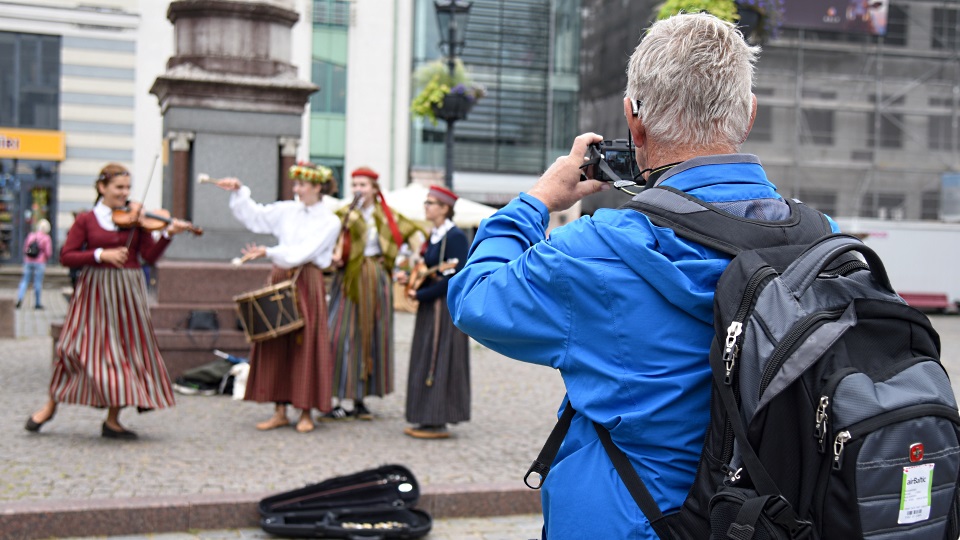Draft regulations were approved by the Riga City Council Finance and Administration Committee on Wednesday, September 18 stipulating that the fee for all tourist accommodation shall be one euro per tourist per day, to a maximum of ten euros for any total period of uninterrupted stay. It will also be applicable to children from 12 years of age.
Oļegs Burovs, Chairman of the Riga City Council said:
“The purpose of the tourism tax introduced by the City of Rīga is to promote an efficient tourism sector in the city and make Rīga as a tourist destination even more popular. These objectives require funding that is already in place in almost all major European capitals."
The new revenue stream will be channelled to the Riga Tourism Development Bureau (RTAB), recently the subject of an investigation by anti-corruption police and will rely upon a considerable amount of extra administration work for hoteliers uploading information to a council-run website.
They will have to submit a monthly report on the number of vacationers and tourists taken in the previous month on the municipal portal www.eriga.lv and the calculated fee. According to the calculation made, the taxpayer will pay the tax to the municipal budget. All tourist accommodations will have to register on the portal as toll payers and report on the arrivals and departures of guests.
"With the additional funds raised, the Riga Tourism Development Bureau (RTAB) will ensure the promotion of tourism opportunities and promote the development of tourism in Riga. On the whole, the business is expected to be positively affected, as the toll will contribute to increasing the number of tourists," a council statement said, without going into specifics of what precisely would be done or providing projections as to how much tourist numbers were expected to increase by levying the additional tax.
The regulations still need to be run by the Ministry of Environmental Protection and Regional Development and adopted in a council meeting before they come into force.
The council pointed out that similar taxes are in effect in cities such as Berlin, Amsterdam, Rome, Venice, Vienna, Brussels and Lisbon though the fee and format varies.
"In our neighboring country Lithuania, a tourism tax has been introduced in Kaunas since 1 January 2016 and in Vilnius since 1 July 2018. Currently, the charge in both cities is one euro per day. Estonia is also planning to introduce a tourism tax," the council said.
A month ago, Riga City Council Chairman Burovs signed a memorandum of cooperation between the capital's municipality and the Latvian Hotel and Restaurant Association (LVRA), the Latvian Association of Latvian Travel Agents (ALTA) which backed introduction of the new tax - but this is hardly surprising given that they are also the stakeholders in the Rīga Tourism Development Bureau: Riga City Council owns 70% of RTAB’s shares, while the remaining founders – airBaltic, the LVRA and the ALTA – each have a 10% share.





























